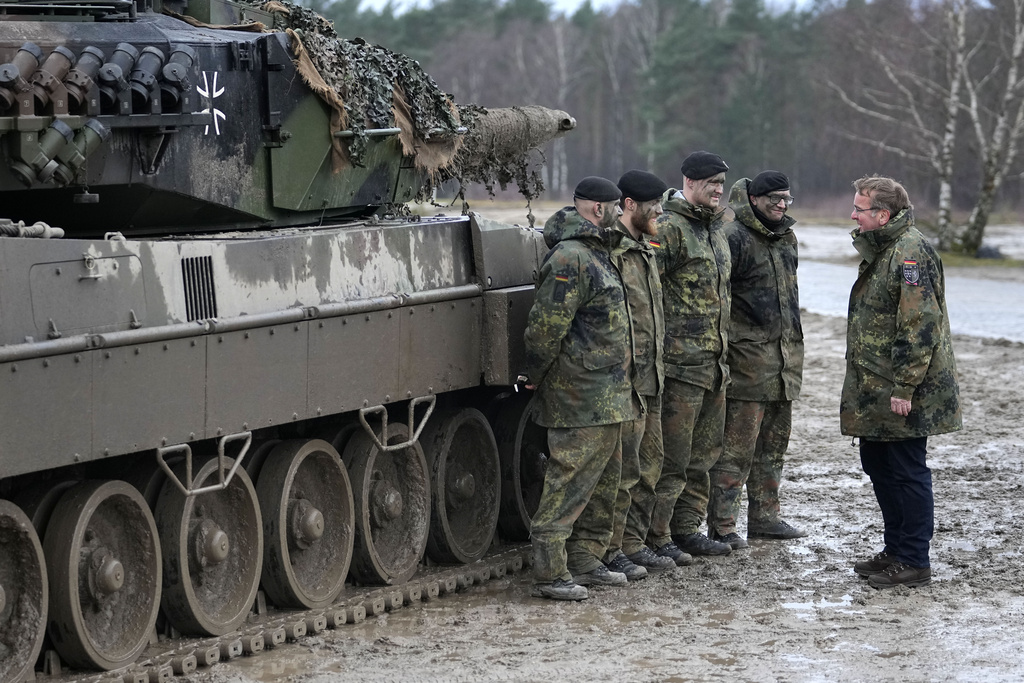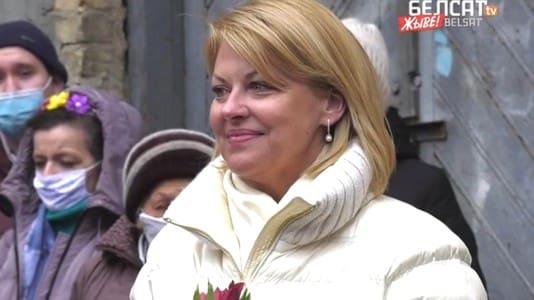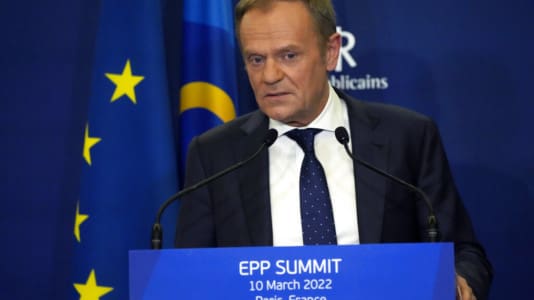German Defense Minister Boris Pistorius recently spoke out about the terrible state of the Bundeswehr during which he claimed it will take five to six years before modernizing the German military materializes.
The politician was sparse on details, but it is well known that the implosion began a decade ago under Ursula von der Leyen and continued with two other female ministers, Annegret Kramp-Karrenbauer and Christine Lambrecht. The three ladies had many things on their minds — refurbishing a warship in dubious conditions, building kindergartens for women’s children in the army, organizing awareness courses — but they just didn’t care about the development of the armed forces.
The situation today is still serious and has further deteriorated. Even the Leopard tanks to be delivered to Ukraine were not in stock, so Berlin tried to buy some of the armored vehicles back from the Swiss, but Bern refused, claiming neutrality.
Pistorius is not the only leader to complain about the sorry state of his own armed forces. Senior British naval officers have also said that they have already given so much ammunition to Ukraine that in the event of a military conflict, only a few days’ supply of certain types would be left. And Slovakia is leading the way in its own disarmament, having given almost all of its tanks and combat aircraft to Ukraine.
Julius Caesar once said, “If you want peace, you must prepare for war,” but we do not know what Western Europe was preparing for before the outbreak of the war in Ukraine. Former German Chancellor Angela Merkel, former French President Francois Hollande and now outgoing Ukrainian President Petro Poroshenko have all said that Ukraine was encouraged to negotiate a reconciliation with Russia to give it time to strengthen itself.
The former French president did not even wrap his words carefully — he spoke directly about the development of the Ukrainian armed forces. The Minsk agreements signed in 2015 to settle the situation in eastern Ukraine called for a ceasefire, the withdrawal of heavy weapons from the line of contact, and constitutional reform; the decentralization and the adoption of a law on the special status of certain areas of the Donetsk and Luhansk regions were key elements.
This plan was never implemented by Kyiv. Indeed, just before the outbreak of armed fighting, Volodymyr Zelensky declared that the Minsk agreements did not exist. Western politicians must have known that this could only end in war, and while they were constantly talking about keeping the peace, the whole world was misled and deceived.
Western Europe should have prepared for a military confrontation with Moscow, but on the contrary, it spent very little on armaments. Instead, it regularly listened to Washington complain and warn that NATO’s European allies were spending less than the 2 percent of GDP they were expected to spend on military equipment. It is not as if Washington has been exaggerating its arms production either, because if it had, it would not now have to hand over its own stockpiles to Kyiv to keep the regime afloat.
Could it be that we should prepare for war in the Western way, by reducing the army?






